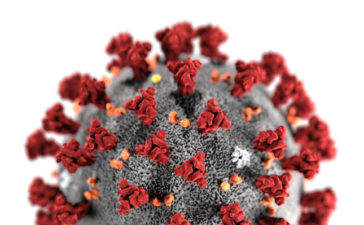Green tea is touted for its health benefits, and for good reason. The brewed beverage contains micronutrients called catechins, which may help stave off colds and flues while protecting your cardiovascular health. Even healthy beverages sometimes have downsides, however, and green tea can cause side effects for some people, especially in large doses.

Like all teas, green tea contains caffeine, and excessive caffeine intake can lead to nervousness, anxiety, abnormal heart rhythm and shakiness. Some people have a low tolerance for caffeine, and they will suffer these symptoms even when ingesting small amounts. High caffeine consumption can also hinder calcium absorption, affecting your bone health and increasing the risk of osteoporosis, a condition in which bones grow brittle and may fracture easily. To help prevent caffeine-related problems, limit green tea intake to five or fewer cups per day.

Green tea is generally safe for healthy people to consume. If you’re on any medications, however, or have any illnesses, check with your doctor before drinking it. Green tea may create problems if you’re taking stimulants, hormones, antibiotics, blood thinners, certain asthma medications or any drug that poses a risk of liver damage. Green tea can also worsen diarrhea, glaucoma, bleeding disorders and multiple other conditions.

If green tea is consumed in a large quantity, for instance, more than five cups a day then it might lead to health complications. There can be numerous side effects of milder and stronger intensity, such as, headache, vomiting, dizziness, sleep disorder and several others.





